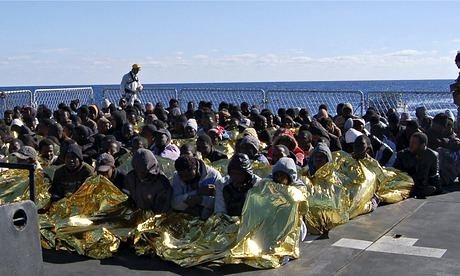Cairo- Libya Army leadership once again ignored Head of United Nations Support Mission in Libya Martin Kobbler’s call for an immediate ceasefire in Benghazi, a city located eastern Libya.
Atop their disregard to the quest for ceasefire, the army announced that it would not permit any ministry or institution belonging to the Government of National Accord GNA led by Libyan PM Fayez Sarraj to practice authority in Benghazi, prior to attaining approval from the Libya House of Representatives.
The GNA unity administration has yet to receive a vote of confidence in parliament, which remains linked to the former internationally recognized government also based in the east.
Led by premier-designate Fayez Sarraj and internationally recognized, the GNA has already received the support of former authorities, who controlled the capital and armed militias in the west.
The GNA, established in Tripoli more than two months ago, has been trying to unify a violence-ridden Libya and exercise control over the whole North African country.
However, it faces opposition from a competing authority based in the east, which has its own armed forces—militias and some units of the national army—commanded by controversial General Khalifa Haftar.
Libya’s Army Official Spokesperson col. Ahmed al Mesmari gave a statement accusing parties, who remained unnamed, for impeding the Army advances in Benghazi against extremist groups.
On the other hand, the Libyan army general Khalifa Haftar office issued orders for forces to liberate the entire eastern axis of Benghazi. The order covers the zone
which includes al-Saberi neighborhood and Souq al-Hoot (otherwise known by the whale market), which have been overrun by extremist groups.
Haftar had urged for civilians to evacuate the premise so that national army forces may engage in clashes.
Kobbler had called for an immediate ceasefire in Benghazi two days ago, expressing his deep concerns in an open letter sent to all conflicting parties in the area. The letter spoke of the continuous violations committed against the international humanitarian law, and of war crimes continuously taking place in Benghazi.
Conflict parties demanded that logged attack targets be placed far off hospitals, civilian real estates or any areas of high concentration. Kobbler insisted on the civilians being safely cleared from besieged areas or areas with frequent hostilities.
He added that the U.N. mission to Libya still is, for months now, working to accomplish an agreement for a humanitarian ceasefire so that civilians are safely evacuated.
He said the rival administrations that have established themselves since the fall of Gadhafi in 2011 should “unite their efforts” into a single army.
Local security officials said that waves of civilians fleeing Sabratha city illegally by sea had suffered the regrettable death of hundreds of immigrants last week alone.
The immigrants hope to arrive to Italy after paying hundreds of dollars to human traffickers that sail them across the Mediterranean. Most of the illegal boats are inadequate to make the trip.
Over 40 thousand immigrants have arrived to Italy this year after sailing across the Mediterranean, most of them fleeing poverty, oppression and conflict ravaging African states. Over two thousand immigrants were accounted dead during the journey.
